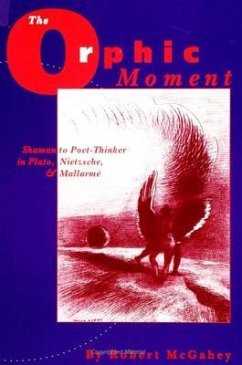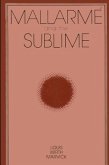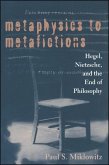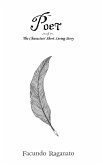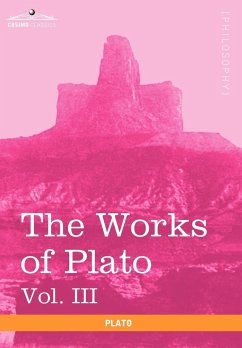This book examines Orpheus as a figure who bridges the experience of the Greek tribal shaman and the modern poet Stéphane Mallarmé, the father of modernism. First mentioned in 600 B.C., Orpheus was present at the moment when the Apolline forms of western culture were being encoded. He appears again at the opposite moment embodied in the language-crisis at the end of the nineteenth century, which inaugurated the break-up of those forms and ushered in the Dionysian. Mallarmé's "Orphic Moment," when Orpheus's scattered limbs first begin to stir back to life, enacts a dance at the boundary of Apollo and Dionysos, marking the collapse of Apolline form back into its Dionysian ground in Nietzsche's The Birth of Tragedy.
Hinweis: Dieser Artikel kann nur an eine deutsche Lieferadresse ausgeliefert werden.
Hinweis: Dieser Artikel kann nur an eine deutsche Lieferadresse ausgeliefert werden.

